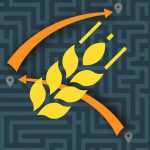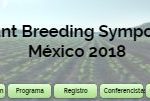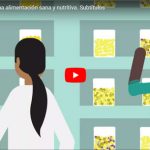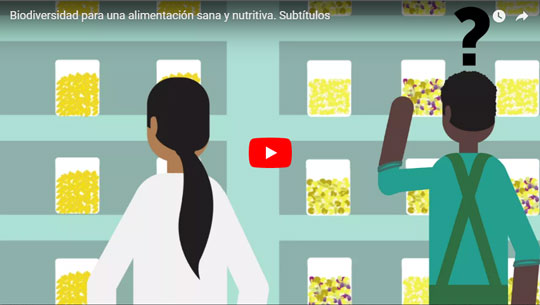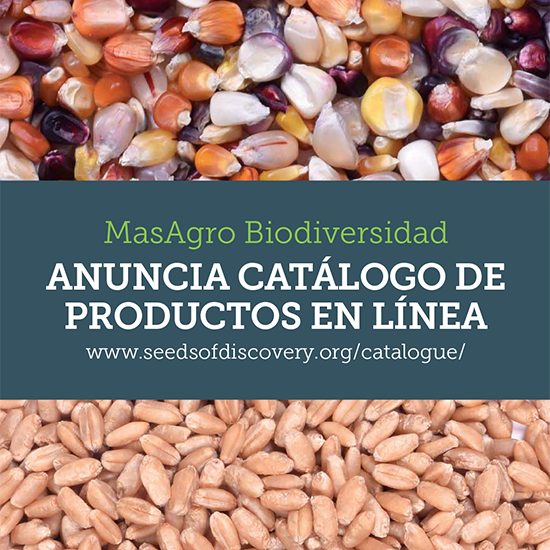-
Workshop-Molecular Atlas
The Molecular Atlas workshop introduces the participants to the process of obtaining molecular data using a high-throughput genotyping platform, and how to use these molecular data in breeding programs and/or genetic diversity analyses. In addition, participants learn how to search for accessions that are most useful to them by performing different filtering processes within an online information storage platform.Product details and features
To take advantage of this workshop and the molecular atlas, the user must have:
- Basic computational knowledge.
- Good access to internet service.
- Prioritized agronomic characteristics for the accessions you are interested to identify, e.g. useful accession for fodder maize.
- Defined agro-ecological adaptation of the accession you are interested to identify, e.g. semiarid high lands.
- Basic knowledge of molecular markers.
-
Comments
It is important to note that the search for accessions with specific characters is possible only for those characters for which phenotypic data exist at least for a sub-group of accessions. The use of molecular data increases the accuracy with which the accessions of interest are selected.
Availability
Currently available to public: http://hdl.handle.net/11529/10578.
Primary Users
Researchers, breeders, professors and students from the Mexican public and private sectors. Knowledge that can be used in all areas of scientific research that include the use of large sets of molecular data in breeding programs, genetic diversity studies, or in the conservation of biodiversity.
For more information
- please send us a message to Cimmyt-mab-seed@cgiar.org
News
NEWS
- Wheat phenotyping workshop
The International Maize and Wheat Improvement Center (CIMMYT) extends a cordial invitation to participate in the training workshop "Wheat phenotyping for the identification of germplasm with high yield potential and tolerance to drought and heat". This will be held in CIMMYT HQ, Texcoco, State of Mexico, on September 28th, 2018 (from 9:00 – 14:00 hrs) as part of the II Plant Breeding Symposium México 2018 (https://trasmejoragen.wixsite.com/inicio) The objective of this workshop is to train participants in the phenotypic characterization of wheat germplasm. Research themes include: climate change; priority characteristics for wheat for Mexico; phenotyping of genetically diverse materials and in the ...
- II Plant Breeding Symposium Mexico 2018
MasAgro Biodiversity announces the II Plant Breeding Symposium Mexico 2018 which will be held on September 6 and 7, 2018 at the CIMMYT HQ, Texcoco. Mexico. This event belongs to the series of DuPont Plant Sciences Symposia. For more information please visit the website:https://trasmejoragen.wixsite.com/inicio
- New video: Crop biodiversity for healthy, nutritious livelihoods
Erratic weather, poor soil health, and resource shortages keep millions of maize and wheat farmers in developing countries from growing enough to feed their households and communities or to harvest a surplus to sell.
- 3rd KDSmart app workshop
The International Maize and Wheat Improvement Center (CIMMYT) extends a cordial invitation to participate in the training workshop on the use of the KDSmart app. This will be held in Texcoco, State of Mexico, on December 20, 2017 (from 9:00 - 17:00 hrs).
